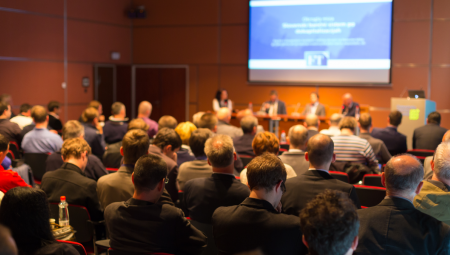 Mexico. The "Zero Energy Buildings" Consortium recently announced the registration of the first building aspiring to obtain net Zero Energy Building (or NZEB) Certification in the country and in the rest of Latin America.
Mexico. The "Zero Energy Buildings" Consortium recently announced the registration of the first building aspiring to obtain net Zero Energy Building (or NZEB) Certification in the country and in the rest of Latin America.
In order to achieve this certification, the Consortium generated an alliance with the investment platform Capital Natural, who will be responsible for leading the construction of the project within one of its iconic developments in Mexico, the urban village Arboleda, in the metropolitan area of Monterrey, Nuevo Leon.
The NZEB Certification uses the methodology of the rigorous Living Building Challenge certification system of the International Living Future Institute, an organization that promotes the radical transformation towards socially and ecologically sustainable cities and communities.
Created in 2016 under the tutelage of the Commission for Private Sector Studies for Sustainable Development (Cespedes) and setting a benchmark in construction in Latin America, the Zero Energy Buildings Consortium was born with the aim of consolidating a replicable model of buildings with zero energy balance. The companies and organizations that make up the Consortium, specialists in providing innovative and high-performance solutions, are Bioconstruction and Alternative Energy, Carrier, Cemex, Mario Molina Center, Citibanamex, Cuprum, Galt, GE, JCI, McKinsey, Owens Corning, PGIgroup, Pich-Aguilera Arquitectos and WRI Mexico.
"In an environment where the cost of electricity is increasing, the Business Consortium seeks to set the example that in Mexico and the rest of Latin American countries it is possible to carry out projects that meet the most demanding international standards in terms of energy efficiency and sustainability", said Vicente Saisó, Corporate Director of Sustainability at Cemex and Director of Cespedes. "These projects, at the same time, allow great benefits to be obtained for all the actors involved, from the developers to the end user."
Buildings that aspire to obtain NZEB Certification must demonstrate during their first year of operation a zero energy balance, that is, they seek a very significant energy saving and that all the energy used is compensated in its entirety by energy generated on site and in a renewable way.
Source: Mexican Institute of Smart and Sustainable Building.














